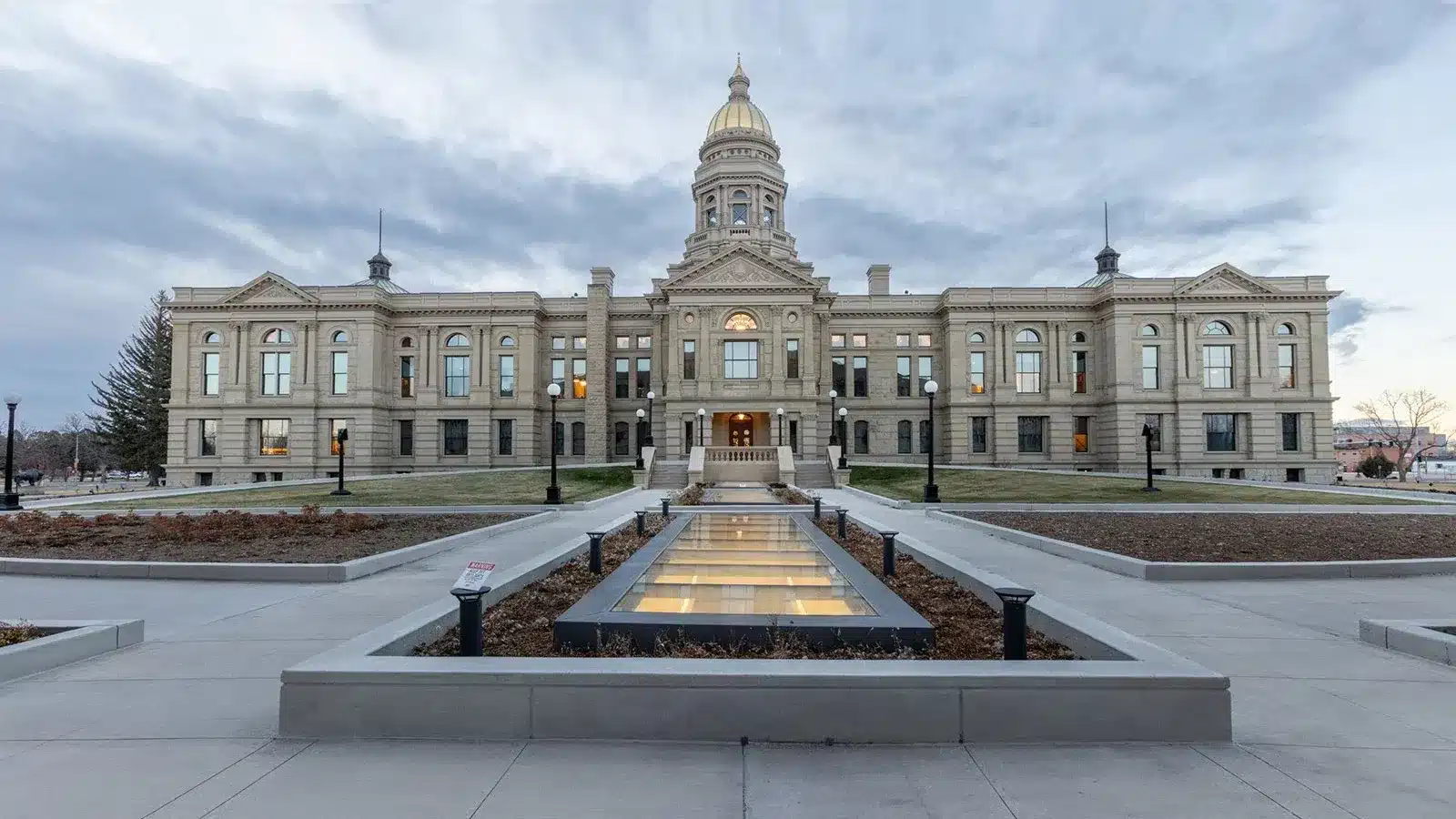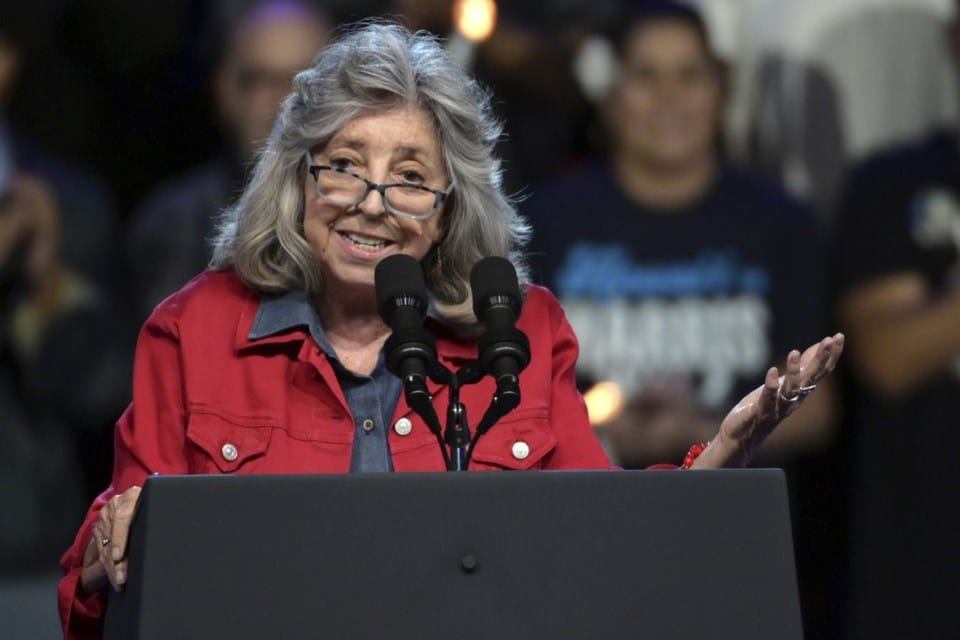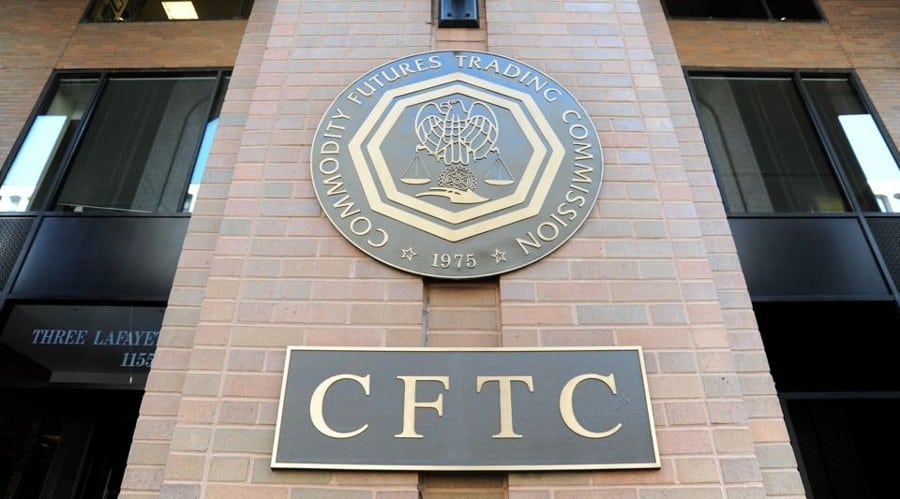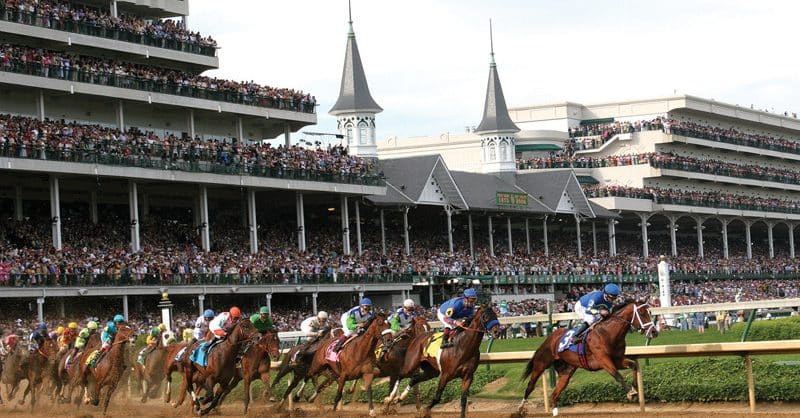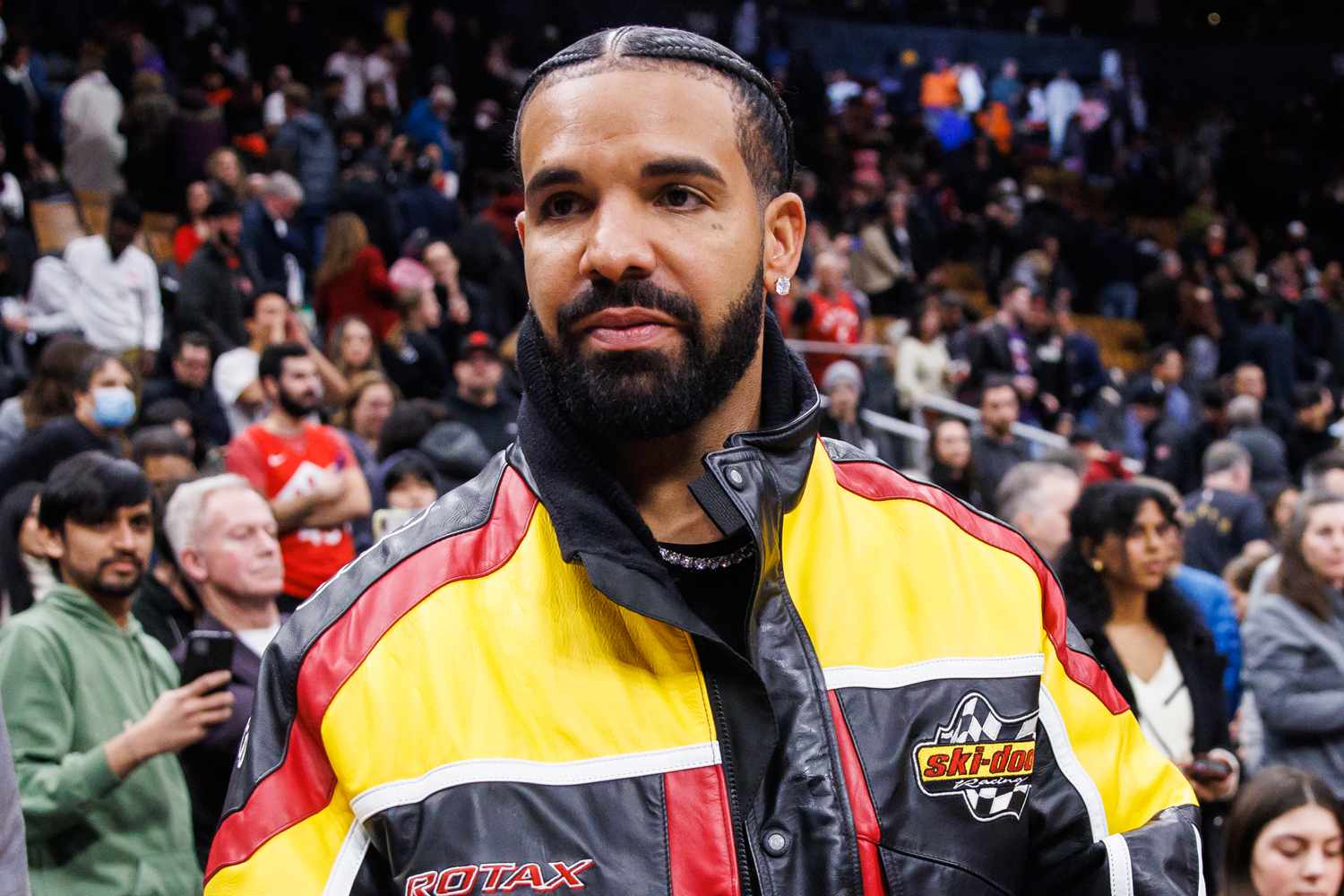
California: the scorecard
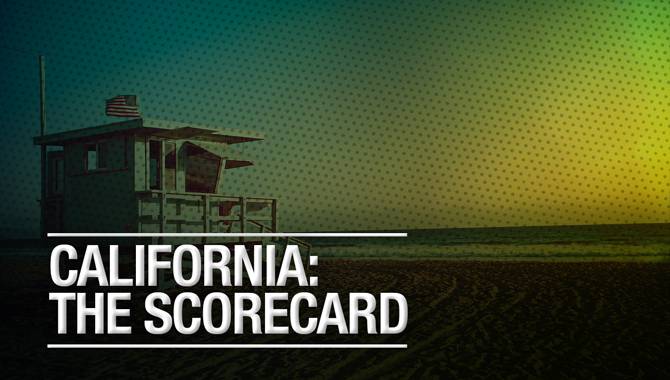
California has a long tradition of direct democracy in the form of ballot propositions. One of the most famous is Proposition 13, a property tax limitation initiative that passed overwhelmingly in 1978 and still is having a significant impact today.
The latest major issue that will be put before the Golden State’s voters is the legalization of sports wagering. According to the California Secretary of State, one initiative measure currently is “eligible” for the November 8 ballot, one that was proposed by four tribes: the Barona Band of Mission Indians, the Agua Caliente Band of Cahuilla Indians, the Yocha Dehe Wintun Nation, and the Pechanga Band of Luiseño Indians. It would authorize only in-person sports betting, and solely on tribal lands and at the state’s four racetracks.
Because it long since has accumulated the required number of signatures, backers of the measure have already received a letter stating this measure will be deemed “qualified” on the 131st day prior to the next Statewide General Election, which this year will take place on June 30.
Three other sports betting initiatives have been proposed and are in various stages of gathering signatures. The one that is most likely to qualify for the ballot would legalize online sports wagering, though still requiring working in cooperation with the state’s tribes. It is backed by a group of seven operators: DraftKings, FanDuel, BetMGM, WynnBET, Bally’s Interactive, Fanatics Betting & Gaming and Penn National Gaming.
After those two, the water is a bit murkier
California’s licensed cardrooms have started a well-funded campaign against the in-person tribal measure, but their own initiative has stalled. The proposition purported to allow licensed gambling establishments, including cardrooms, to conduct additional games that are played with cards or tiles, and to legalize in-person, online and mobile sports wagering for persons 21 years or older. The cardrooms proposed a 15% tax and other fees on sports wagering revenue, to be directed first to enforcement and problem gambling programs; with any remaining funds going to public education, homelessness, affordable housing and mental health programs.
However, after filing paperwork with the California Attorney General, the cardrooms reportedly never started the paid signature-gathering process, meaning the initiative is extremely unlikely to qualify for the ballot.
The fourth and final potential entrant was proposed by the Rincon Band of Luiseño Indians, the Wilton Rancheria, and the San Manuel Band of Mission Indians. Similar to the first tribal-backed initiative, this proposition would legalize roulette, dice games and sports wagering on tribal lands. Where it departs is legalizing online sports wagering statewide, if operated by federally recognized Indian tribes.
The latter initiative did not receive its title and summary from the Attorney General until January 11, meaning it is significantly behind on the signature-gathering process. The Secretary of State recommends campaigns turn in signatures to county registrars on April 26. All signatures then must be verified. June 30 is this year’s deadline for counties to give the count to the Secretary of State.
With nine ballot measures currently circulating, there is a lot of competition to gather signatures, and then the verification process is time consuming and is done on a first-come, first-served basis. All of which means the window is very tight for the second tribal measure to become qualified. It may have to wait until 2024.
As this issue goes to print, legal maneuverings continue. Two licensed cardrooms asked the California Supreme Court to block the tribal-backed, in-person initiative on the grounds it violates the state constitution by having more than one subject associated with it. When the high court refused to grant a hearing, on March 7 the cardrooms filed a lawsuit in Los Angeles Superior Court, making the same allegation.
Assignment of numbers will start sprint to finish
On June 30, the Secretary of State will issue a press release naming all propositions that qualified for the ballot. That day, or the next day, depending on the number of propositions that made it across the signature finish line, the office will release the ballot proposition numbers – which all parties agreed will be a huge step, as it will give their prop (and the opposing props) an easily identifiable number.
Kathy Fairbanks, Partner in the Sacramento, California-based firm Bicker, Castillo & Fairbanks Public Affairs, and spokesperson for the Coalition for Safe, Responsible Gaming, which is leading the Yes campaign for the in-person tribal sports wagering measure, told Gaming America what will come next.
“We have been getting ready behind the scenes for months – polling, doing research, forming coalitions, creating a website and more,” Fairbanks said. “Many voters don’t really pay attention until they get their ballots, which will be in October. But we expect the TV and radio ads for all sides probably will start running in September.”
Millions of dollars in revenue at stake
California is the most populous state in the union, and it is home to numerous professional and college teams that have passionate fan bases. So yeah, every operator wants a piece of what is expected to be a huge pie… As such, all parties for and against the four propositions have gathered huge war chests to spend on advertising.
One hallmark of California elections is receiving the phonebook-sized ballot handbook in the mail roughly one month before Election Day. In it, proponents of each measure are allowed to write an argument for their proposition. This is followed by a rebuttal, written by the opposition to the prop, then an argument against, and a rebuttal to the latter.
The following pages in the handbook contain text that is profoundly influential to many voters, who understand the people who sponsor the measures think they are a good idea and those opposed trash them. Each Statewide Election, the California Legislative Analyst’s Office, a nonpartisan fiscal and policy advisor to the state legislature, gives a detailed analysis of the potential monetary effects on the state from each ballot prop.
Here is an abbreviated look at the highlights of the LAO’s analysis of each of the four measures that might appear on the 2022 ballot:
The in-person, tribal-backed initiative would create a new special fund, the California Sports Wagering Fund (CSWF). A tribe can choose to make payments into this fund, depending on the specific terms of its tribal state compact; but all tribes that offer sports betting must reimburse the state for actual regulatory costs.
The LAO said this proposition would result in increased state revenue, potentially reaching the tens of millions of dollars annually, from payments made by facilities offering sports wagering and new civil penalties authorized by this measure. Some portion of this revenue would reflect a shift from other existing state and local revenue.
It would bring increased state regulatory costs, potentially reaching the low tens of millions of dollars annually. Some or all of these costs would be offset by the increased revenue or reimbursements to the state.
It would result in increased state enforcement costs, not likely to exceed several million dollars annually, related to a new civil enforcement tool for enforcing certain gaming laws.
The online sports betting initiative, proposed by DraftKings, FanDuel and other operators, was predicted by the LAO to bring increased state revenue; potentially reaching the mid-hundreds of millions of dollars annually, from online sports wagering-related taxes, licensing fees and penalties. Some portion of this revenue would reflect a shift from other existing state and local revenue.
It also would result in increased state regulatory costs, potentially reaching the mid-tens of millions of dollars annually, that would be fully or partially offset by the increased revenue.
The tribal-backed initiative that would allow both in-person and online sports betting is said to have a potential impact of increased state revenue that could range from the tens of millions of dollars to the mid-hundreds of millions of dollars annually, depending on how the measure is implemented and legally interpreted. Some portion of this revenue would reflect a shift from other existing state and local revenue.
As with the others, this measure would result in increased state regulatory costs, potentially in the low-to mid-tens of millions of dollars annually. Some or all of these costs would be offset by the increased revenue or reimbursements to the state.
Finally, the proposition backed by the state’s licensed cardrooms that would allow both in-person and online sports betting was estimated by the LAO to result in increased state revenue, potentially reaching the mid-hundreds of millions of dollars annually, from sports wagering taxes and payments (such as licensing fees). Some portion of this revenue would reflect a shift from other existing state and local revenue.
It would bring increased state regulatory costs, potentially reaching the high tens of millions of dollars annually, that would be fully or partially offset by the increased revenue or payments required by gaming agreements between tribes and the state.
Tags/Keywords
Gaming America’s editorial staff provides authoritative coverage of iGaming, esports, and sports betting across the U.S. and Latin America in multiple language editions. Drawing on deep industry expertise, the team combines rigorous journalism with comprehensive testing of licensed operators, evaluating security, bonuses, markets, user experience,...
Players trust our reporting due to our commitment to unbiased and professional evaluations of the iGaming sector. We track hundreds of platforms and industry updates daily to ensure our news feed and leaderboards reflect the most recent market shifts. With nearly two decades of experience within iGaming, our team provides a wealth of expert knowledge. This long-standing expertise enables us to deliver thorough, reliable news and guidance to our readers.

